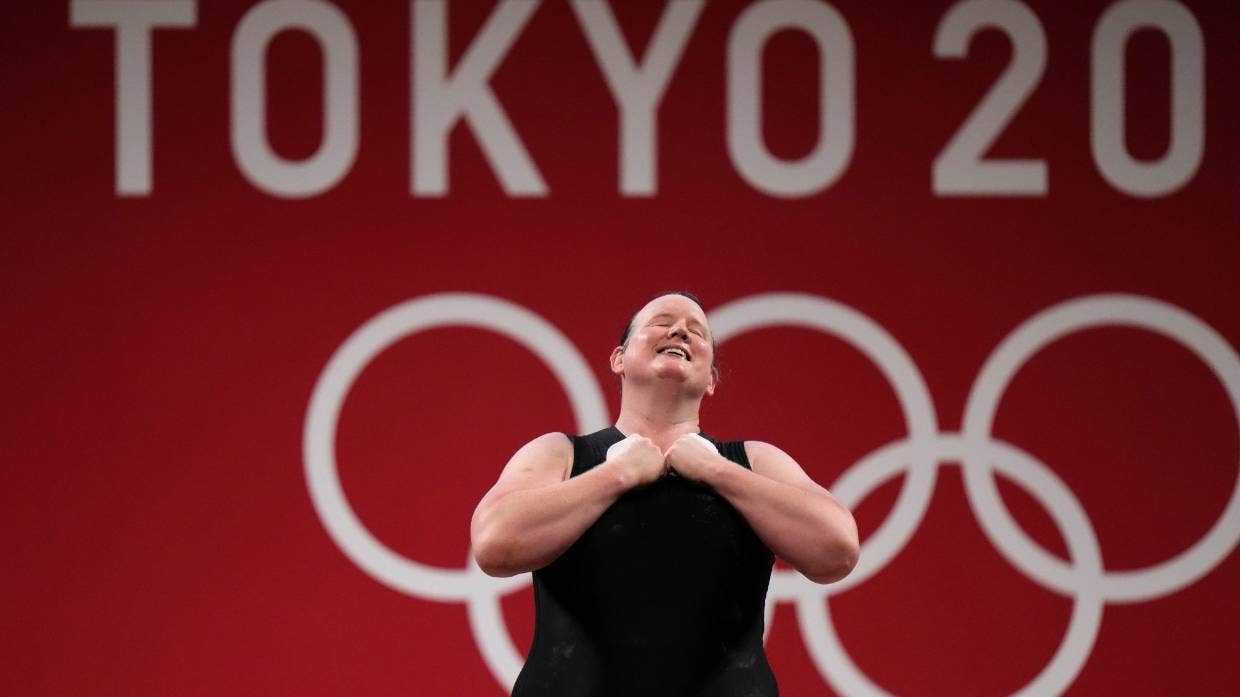Shifting the focus from testosterone levels to evidence to prove when a performance advantage exists is part of the new International Olympic Committee guidelines for inclusion of transgender and intersex athletes.
The guidelines, released Wednesday (NZ time), say no athlete should be excluded from competing based on an “unverified, alleged or perceived unfair competitive advantage due to their sex variations, physical appearance and/or transgender status.”
It also recognises the harm caused to athletes who have experienced “medically unnecessary” procedures and treatments to meet previous selection criteria and IOC transgender consensus statements.
The new guidelines come after nearly three years of consultation with medical and human rights experts, athletes, women’s commissions and LGBTQI+ advocates.
That has been described as a “significant step forward” in sport’s recognition of human rights, by Canada-based New Zealander and former international cyclist Kristen Worley.
“This statement is a courageous and informed admission that previous consensus statements were not correct. The principles on which this framework is based provides a platform for readdressing past harms,” she said in a statement to Stuff.
“Sport cannot be allowed to step away from harm done in the past.
“We cannot ignore the responsibilities of the institutions or the individuals within them for that harm.”
Waikato University professor of sociology Dr Holly Thorpe said the IOC’s framework is a “significant moment in the history of sport”.
“It’s exciting to see the IOC showing leadership here. It’s a clear mandate for what needs to come in terms of truly inclusive sporting futures,” she said.
“It’s a milestone moment. But what comes next will be important. This is a moment for change.”
Transgender athletes have been able to participate at the Olympics since 2003, but had to undergo reassignment surgery to be eligible. In 2015, that was revised, to allow transgender women to participate with permitted testosterone in serum levels below 10 nanomoles per litre in the 12 months leading to competition. Women athletes also had to undergo “invasive and traumatic medical procedures”, including sex testing.
Those policies have caused significant trauma to athletes over decades, Thorpe said. That was echoed by the IOC on Wednesday.
“This is the end of more than 50 years of sex testing of women athletes and athletes of different genders at the Olympics,” Thorpe said.
“No longer a sports organisation is going to require athletes to go through hideous hormonal treatments to come into line with particular definitions of sex and gender.
“It will have a ripple effect for international and national sports organisations. They can carve their own path, but they have to be accountable.”
The IOC has put the onus on International federations to create transgender and intersex inclusion policies on a “sport by sport, event by event and discipline by discipline” basis. Policies will need to be based systematic and rigorous research.
“That’s important progress in terms of the damage selective research has done in terms of supporting these policies,” Thorpe said.
“It’s also a framework that’s guided by human rights. It’s game changing.”
Prevention of harm is among 10 principles to guide future decision-making by sports bodies. Others include non-discrimination, fairness, evidence-based decisions and protecting athlete privacy.
The New Zealand Olympic Committee (NZOC) said in a statement to Stuff it is pleased with the new athlete-centred approach.
“In particular, we support the framework’s active focus on athlete dignity and respect alongside recommendations for sport-specific research and evidence. The new guidance is consistent with the NZOC’s approach to inclusion and respect for human rights,” the statement said.
“The onus is more clearly on the international federations to develop new criteria that align with their unique requirements and balance fairness and inclusion. The NZOC will continue to select team members based on International Federation eligibility rules and remain committed to our culture of manaaki and respect. “
The IOC has also outlined the framework should also reach beyond the Olympics sport and into “all levels of sport”.
Sport New Zealand and New Zealand Rugby are reviewing their community inclusion guidelines, with NZ Rugby set to hold consultation with the wider transgender and gender-diverse communities in early December.
Sport NZ said in a statement to Stuff the guidelines for community sport will be finalised and released in 2022.
“The recent release of the IOC Framework on Fairness, Inclusion and Non-discrimination on the basis of gender identity and sex will help inform the Guiding Principles being developed by Sport NZ,” the statement said.
“While that framework has been drafted with the specific needs of high-level organised sports competitions in mind, the principles will be helpful to consider at the community level.”
No deadline has been given for International Federations to introduce new inclusion policies, however the IOC will be hosting workshops for sports bodies and athletes following the Beijing Winter games in March 2022.

